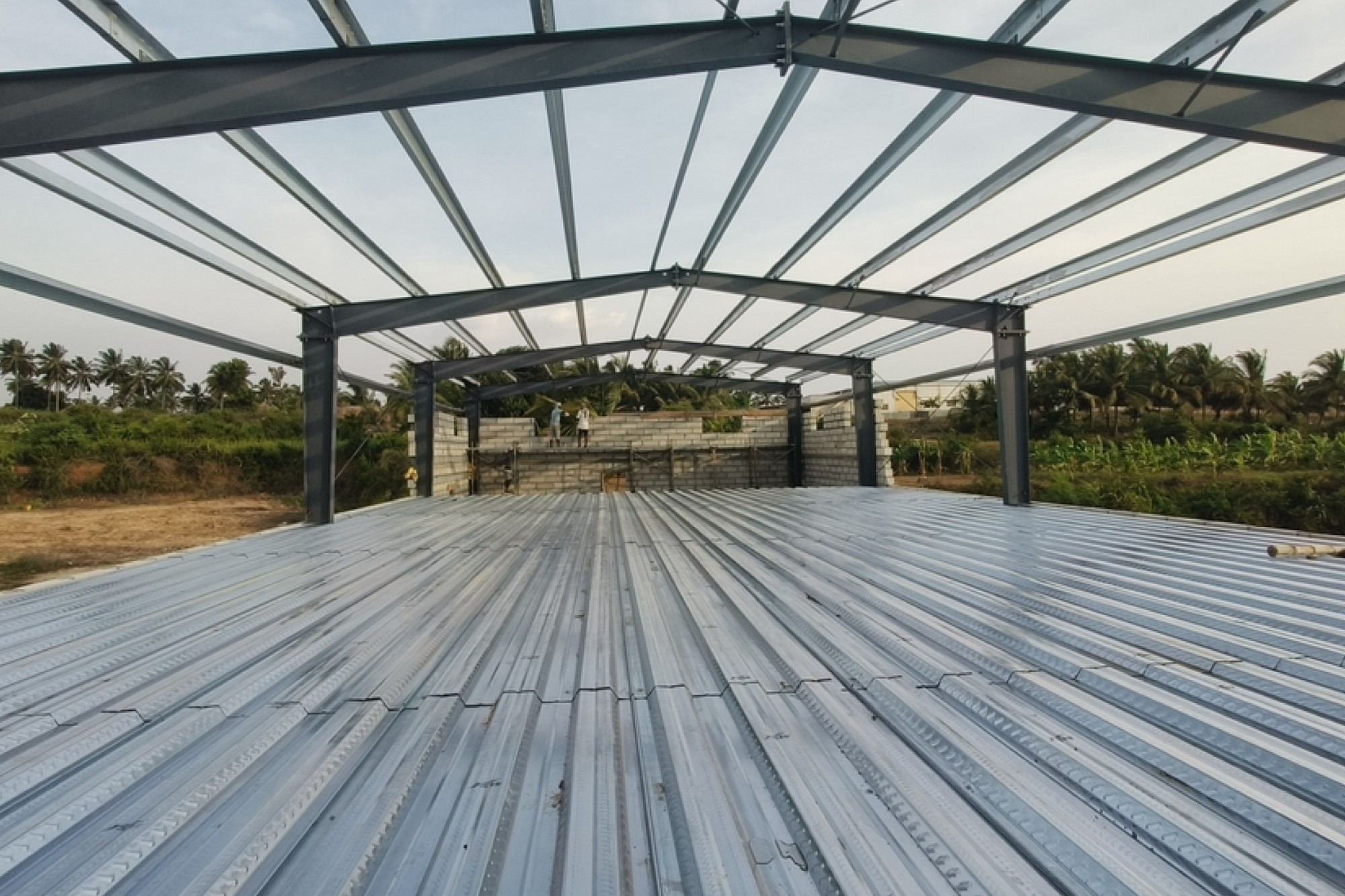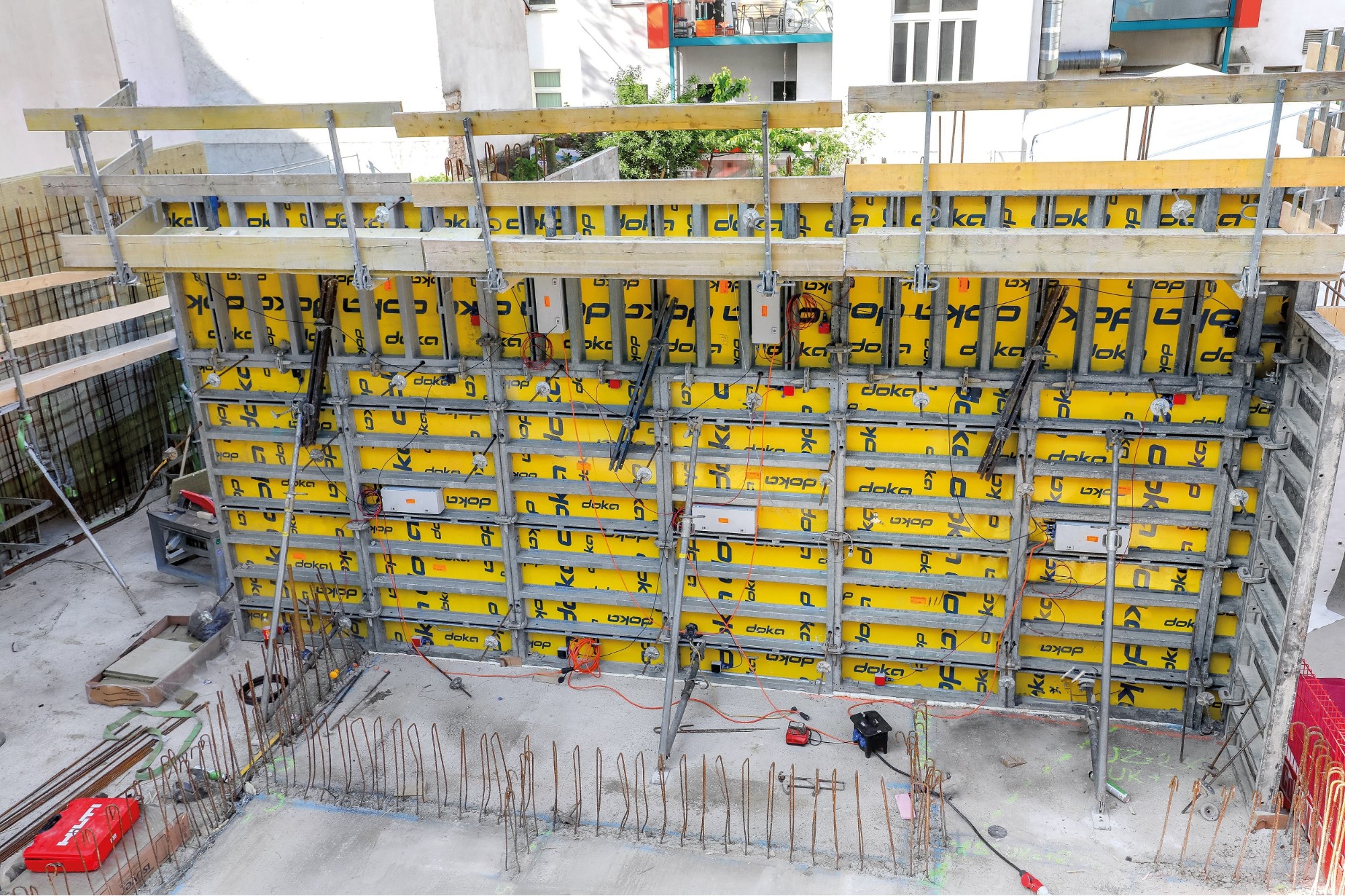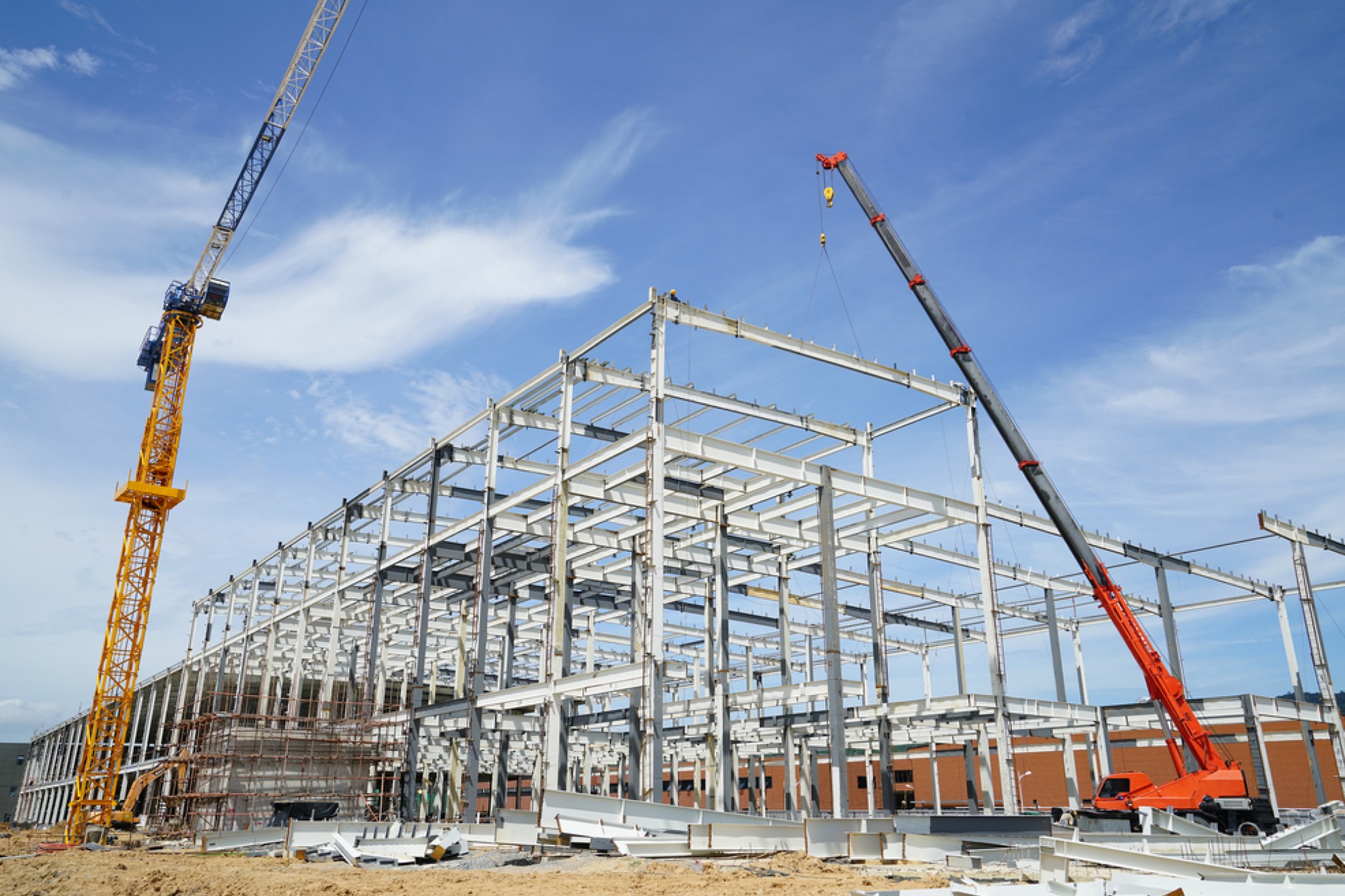Our TMT bar manufacturing sets new standards for quality and sustainability
By Edit Team | July 5, 2023 5:23 pm SHARE
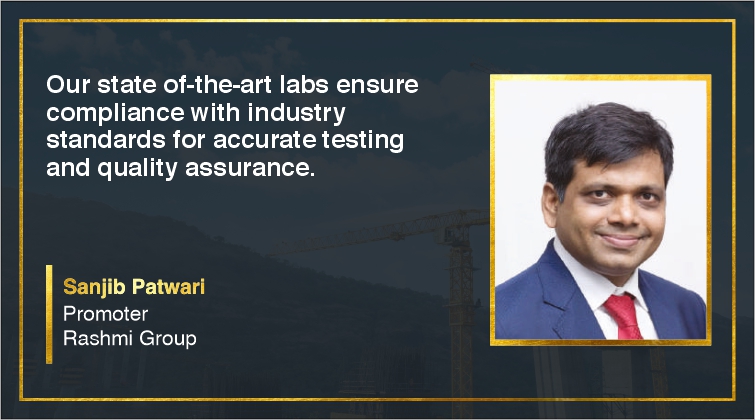
Our state-of-the-art labs ensure compliance with industry standards for accurate testing and quality assurance.
Adopting environmental norms will enhance the quality of TMT Bars over traditional TMT bars, says a spokesperson of Rashmi Metaliks.
How does Rashmi Metaliks ensure that its TMT bars meet the industry’s necessary quality standards and regulations?
RASHMI METALIKS LIMITED has all the captive infrastructure and processes, from the beneficiation of iron ore fines, pelletization, hot metal production, steel making, and rolling mills, to ensure proper, constant quality standards. Stage inspections will monitor all the levels.
We are equipped with ultramodern testing facilities in our NABL-accredited laboratories. We maintain all the required guidelines issued by standard bodies like the Bureau of Indian Standards (BIS), RDSO, MORTH, etc.
Which Factors are considered to ensure quality and reliability during the manufacturing process of TMT Bars?
The following factors are considered to ensure quality and reliability during the manufacturing process of TMT bars: IS 1786:2008 TMT Bars; IS 1786:2008 in association with IS 13920 clause 5.2 (Seismic Zone TMT Bars/EQR); and IS 1786:2008 in association with Corrosion Resistant Steel (Coastal Area TMT Bars/CRS).
Key considerations for quality and reliability in TMT bar manufacturing include the chemical composition of steel billets, rolling temperature, deformation pattern (Ar-Value) for bond strength, mechanical properties (yield strength, tensile strength, TS/YS ratio, % elongation, total elongation at max. force, bendability), restricted yield strength range, traceability of parameters with raw material temperatures, frequency of tests according to BIS, and corrosion, fire, and earthquake resistance.
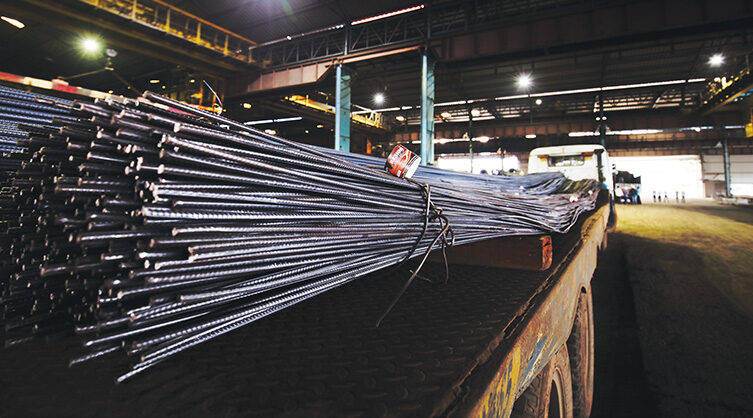
How do you provide better tensile strength, ductility, and earthquake resistance than traditional steel bars?
Our TMT bars comprise a better CE value, which enhances the TS/YS ratio, making it earthquake resistant, and controlled rolling temperature enhances % elongation (ductility), and deformation pattern, i.e., Ar-Value, to ensure the bond strength of TMT Bars (EQR).
The mechanical properties of our TMT Bars are Yield Strength and Tensile Strength (TS/YS ratio). The Range of Yield Strength is being restricted to 20 percent more than the minimum requirement. Also, the traceability of all parameters with the raw material heats with the production batch, and the frequency of tests being done as per BIS during the manufacturing process make it a superior-quality TMT bar currently available on the market.
How do you look at the impact of environmental norms on adopting the sustainable manufacturing of TMT Bars to procure sustainability across construction projects?
Adopting environmental norms will enhance the quality of TMT Bars over traditional TMT bars; however, it comes with an increased manufacturing cost. To prevent damage and decay, adopting environmental norms will provide better reliability across construction projects regarding stability during emergencies, especially in seismic zones and coastal areas. All construction projects nationwide must adopt these norms and the extra costs associated with them for better infrastructural quality. Even the standard-making body needs to uplift the grades of traditional TMT Bars with these new environmental norms and revise the basic standard (IS 1786:2008).
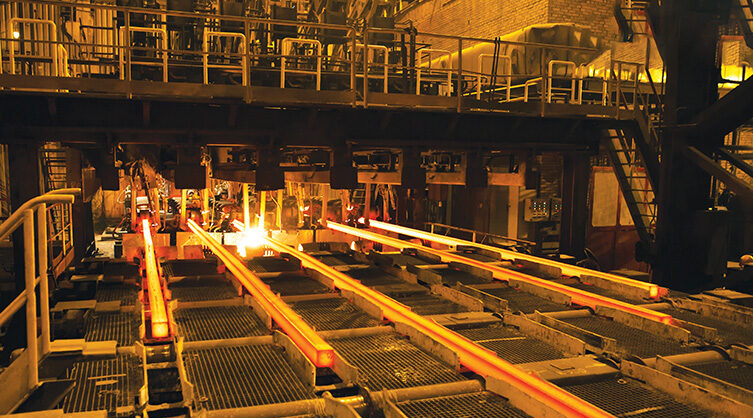
Do you believe that the project owners are now preferring quality over price? Or is it still posing challenges?
Currently, 50 percent of all project owners prefer quality over price. It is only preferred by the project owners under the proper vigil of some authority, like NHAI, or by the projects following environmental norms. It still poses challenges since the standards must be revised, making the traditional grades obsolete. Hence, traditional grades are also required for cost control, neglecting environmental norms.
How is the sustainable shift in the construction industry helping you remain competitive in the market?
Being Competitive in the market with this sustainable shift in the construction industry depends on the customer requirements and feedback with whom we are dealing.
It can only be competitive once and only when the standards of TMT Bar quality change according to the environmental norms with the government slowly and steadily ensuring the smooth transition of the traditional TMT Bars to environmental norms-compliant reinforcement steels.
For more details, visit: https://www.rashmigroup.com/
Cookie Consent
We use cookies to personalize your experience. By continuing to visit this website you agree to our Terms & Conditions, Privacy Policy and Cookie Policy.



